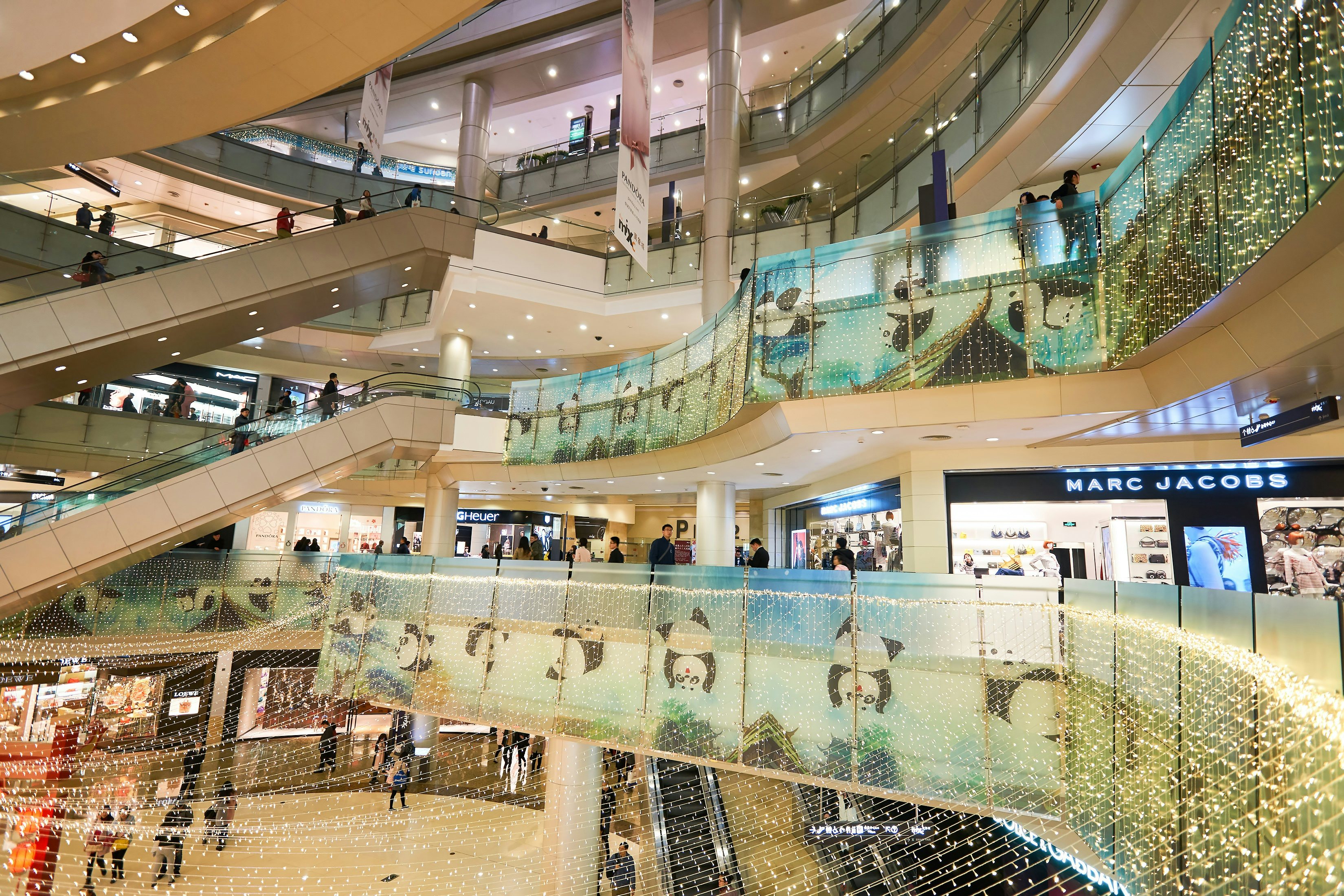China’s economic slowdown and market volatility have had only a small effect consumer confidence when it comes to spending, according to a recent report by global management consulting firm Boston Consulting Group. About 75 percent of Chinese consumers reported in a survey conducted by BCG's Center for Customer Insight that they intended to spend the same or more this year, a small drop from 81 percent in 2015. Of these consumers, more than 40 percent are in what BCG calls the middle-class and affluent category (MAC), with marked ability to spend. However, slowing household income growth has likely had a slight negative impact on the willingness to spend.
Two main groups are fueling spending growth in China. The first is the rising upper-middle class (UMC) and small-city MACs. BCG predicts that by 2020, these groups will account for 30 percent of China’s urban population and will exhibit a spending growth rate of 17 percent. About 30 percent of these consumers are planning to spend more this year, about the same percentage as last year.
The second spending group is millennials, or consumers ages 18 to 30 years old. The report highlights these consumers as “freer-spending” and more “sophisticated,” and this portion of the population is swelling. By 2020, they will make up more than one-third of the urban population and BCG predicts their portion of total consumption will rise from 45 percent to 53 percent by 2020. Currently, their consumption is growing at 14 percent annually, which is double the rate of growth of spending by those 35 and older.
Out of those surveyed from this category, 60 percent agreed with the statement, “It seems like every year, there are more things I want to buy,” while about two-thirds reported that “some products are just too important for me to scrimp on.” BGC calls this sentiment “notably more aggressive” than that of the older generation, likely due to the fact that “they have not experienced the periods of contraction and hardship that older generations remember” in China.
Alongside this sentiment, young Chinese consumers are also exhibiting increasing dissatisfaction with their quality of life. Those surveyed reported a 43 percent dissatisfaction rating compared to 34 percent for those 46 and older, mostly due to poor health care and food safety issues in China. These results somewhat reflect what millennials are willing to spend their money on. In the top three spots on the list are infant and baby products, consumer electronics, and financial services, while health, beauty, and skin care products and travel and vacations are moving up the list. The UMC and the small-city MAC consumers have varying preferences, though: UMCs prefer to shell out on travel and vacations, skincare, and beauty, while priorities are home appliances health care and nutrition for small-city MACs.
BCG's 2015 prediction on what consumers would be spending their money on wavered slightly from the turnout. “We expected that spending for many higher-value products would accelerate as more consumers entered the UMC and affluent categories and that there would be an emphasis on such categories as luxury goods, wine, automobiles, and overseas travel,” BCG said. However, cars are actually moving down the spending priority list, which BCG suggests shows there may now be uncertainty when it comes to trading up to big-ticket items.
Brands marketing to affluent Chinese consumers should take note of these distinct spending categories: divergence of upper-middle-class and MAC consumers, as well as the increasing dissatisfaction of young consumers. Small-city MACs are more interested in health and nutrition products and cars as their wealth grows, while more established, rich urban consumers are devoting more of their budget to their food safety concerns. When it comes to the young generation in particular, BCG said it's “less about pushing product information and more about playing a helpful role in consumers’ lives and addressing the issues they perceive as important.”
